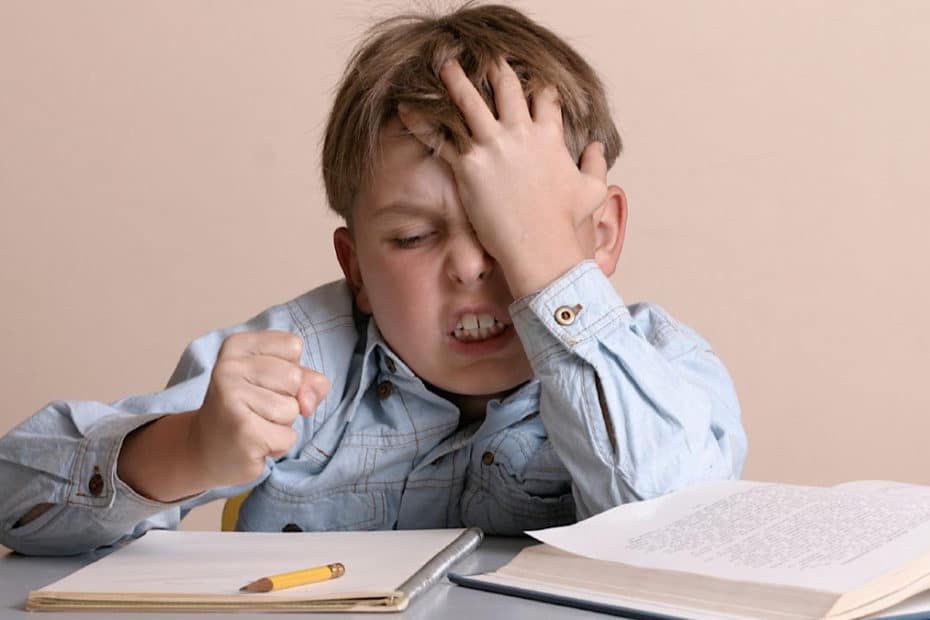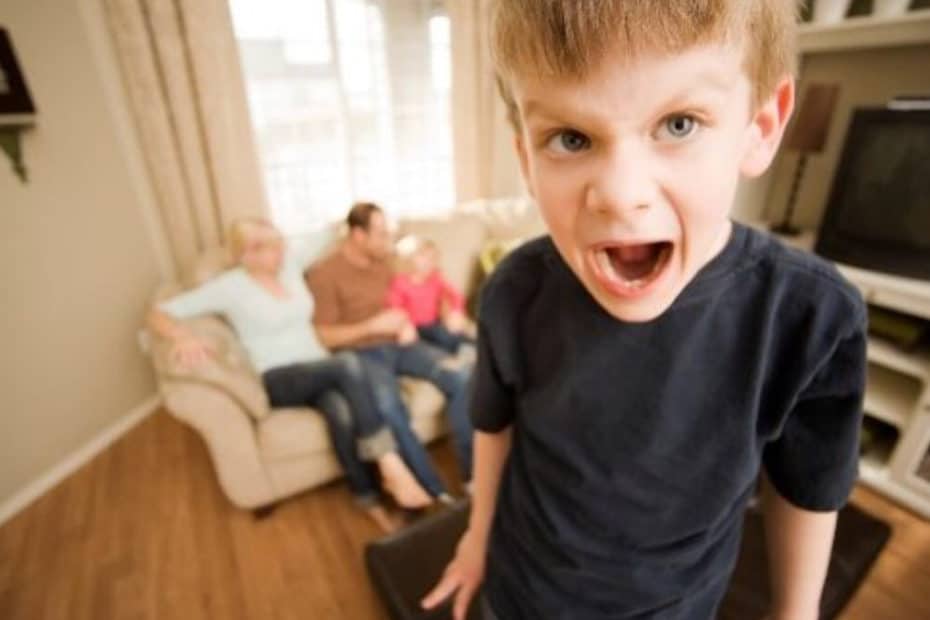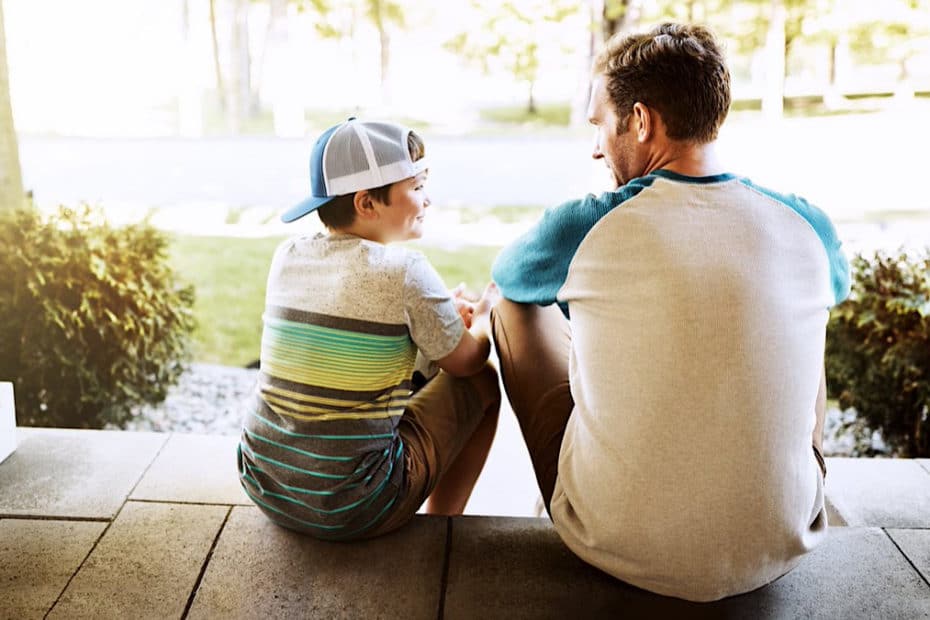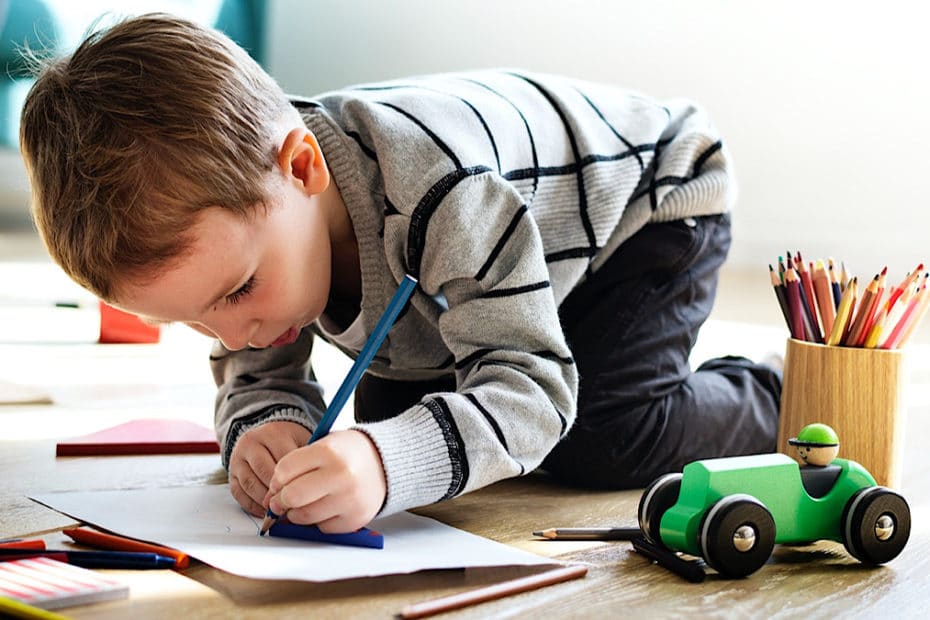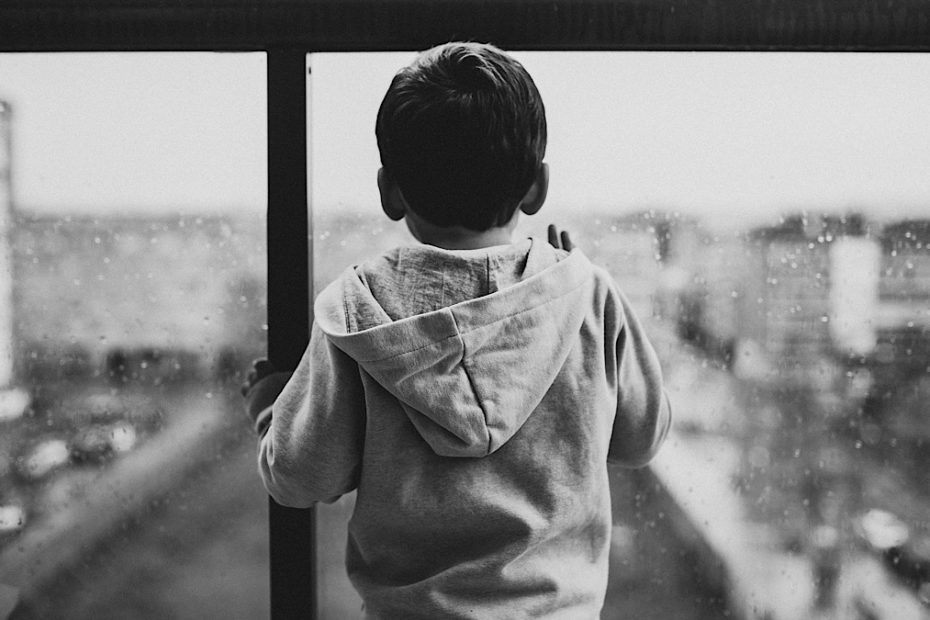Jon Gordon Quote on Tough Love and How Love Should Come First
“I believe in tough love. But for tough love to work, love must come first. We must love tough to bring out the best in those who lead.”
Jon Gordon
Beyond the Quote (106/365)
At what point does “tough love” go from being “love that’s tough” to just being hurtful, mean, and even abusive behavior? It’s an important distinction to make because there is certainly a line between being tough out of love and being tough because of harbored inner hate—or lack of control.
In my estimation, I think Jon has it right in the quote above. In order for tough love to work, love must come first. The intention behind the action has to be mindfully channeled through love and has to be conscious and deliberate. When tough actions are taken without the mind, they are usually emotionally charged, disproportionately harsh, and later regretted. Then, after it’s all said and done, those actions are guised behind “tough love” and proper responsibility isn’t always taken.
Read More »Jon Gordon Quote on Tough Love and How Love Should Come First